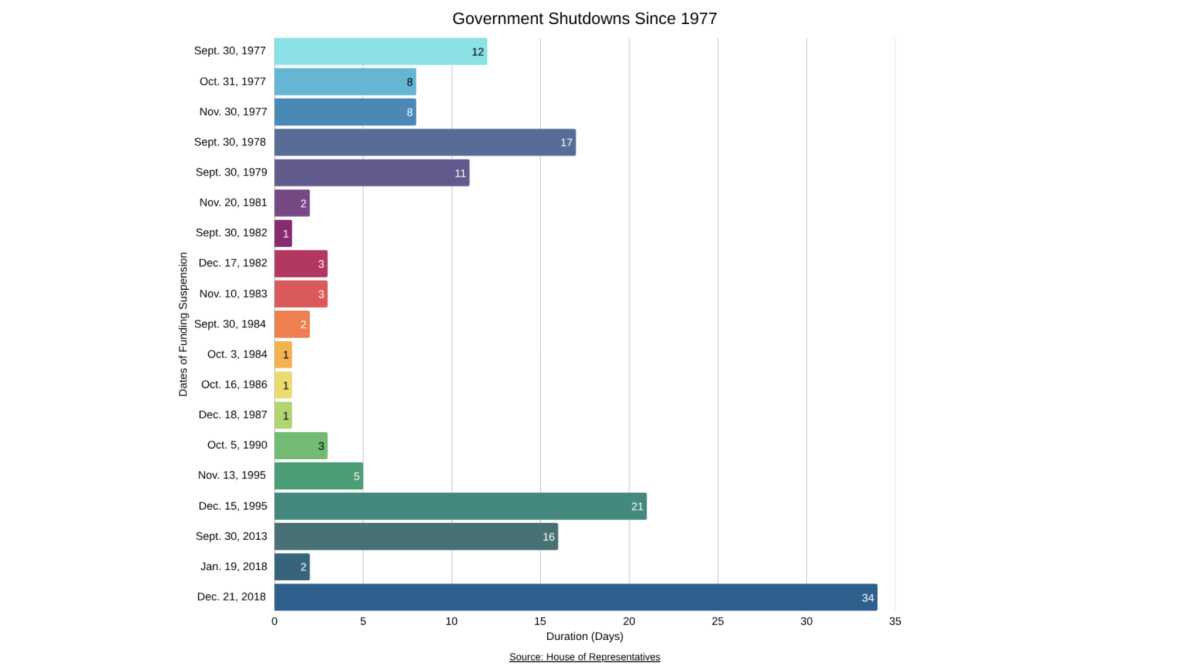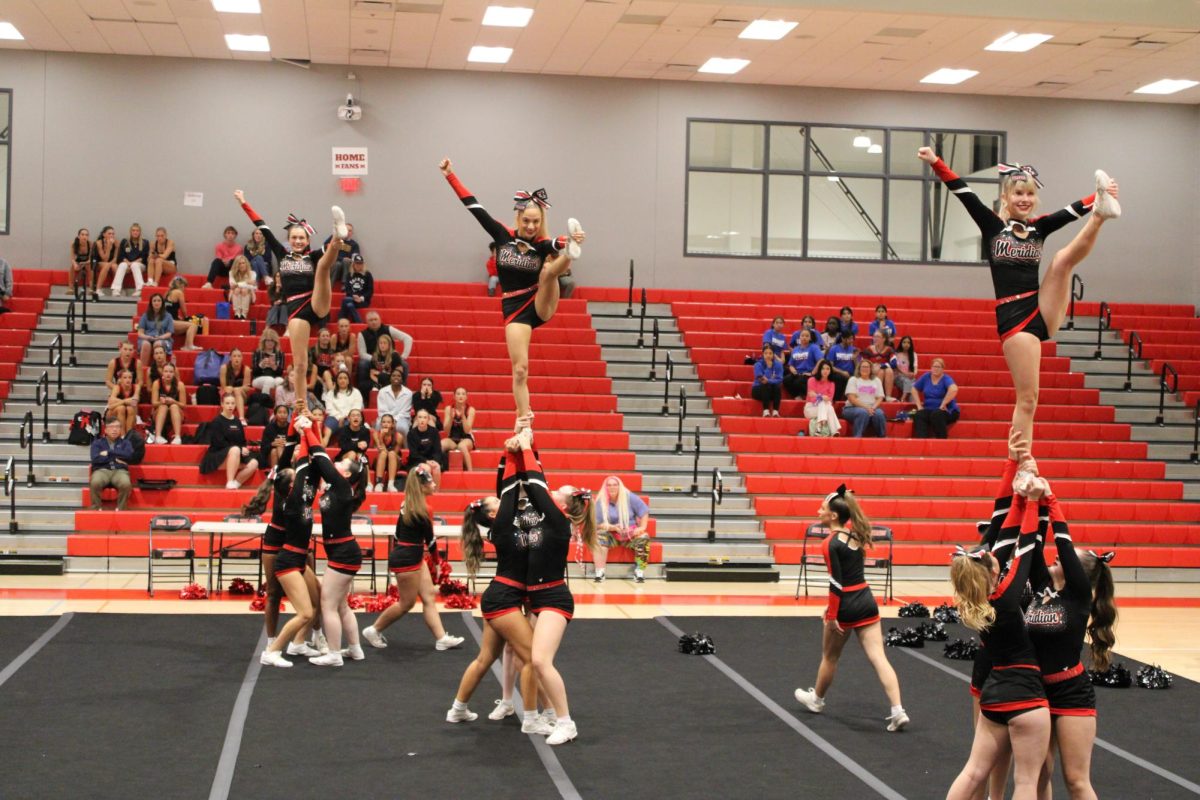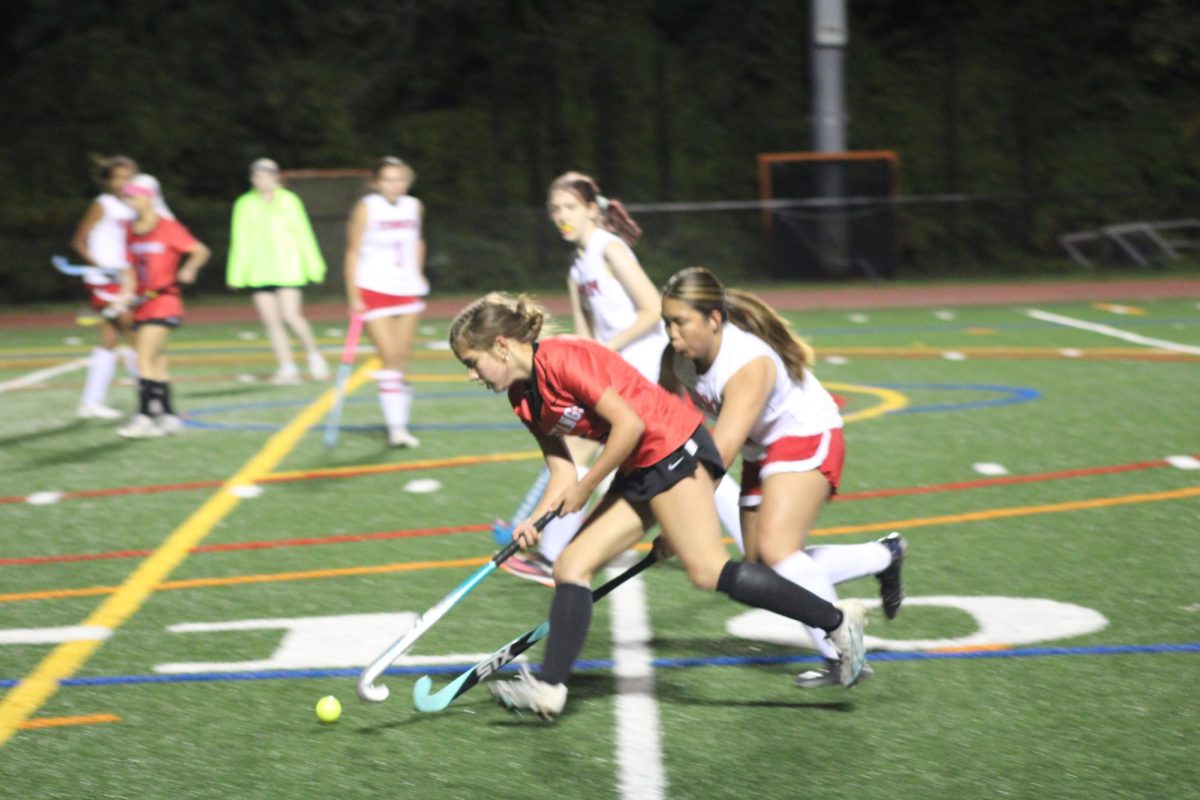In a recent poll, 72% of Mason students said that the honor code has no impact on whether they cheat or not. Although George Mason has based its testing policy around the honor code, the outdated integrity guideline has lost its impact on students. The lack of academic integrity guidelines has encouraged Dean of Students, Mr. Erik Healey, to create guidelines of discipline for academic infractions.

Healey decided to construct academic integrity guidelines as a result of a teacher survey last year. When asked what the greatest threat to Mason was, teachers overwhelmingly responded academic integrity.
“We didn’t have anything in the student handbook that covered academic integrity. There’s stuff on plagiarism and cheating but academic integrity is more than that,” said Healey.
So what is academic integrity? To the simplest degree, it’s not cheating. In making these guidelines, Healey has created a system where the punishment for cheating is no longer up the discretion of the teacher, as it is now.
“This is confusing to students because you might be in English class and you’re given an opportunity to redo the assignment but in math, you may be given a zero,” said Healey. “There is conflict in what’s happening.”
In clarifying discipline procedures, the guidelines have also specified what is considered cheating. Although 41% of students surveyed believe that copying or sharing homework is not cheating, under these new guidelines they would be considered a Level 1 infraction.
Some students surveyed believe that sharing homework is not as serious as copying it, while under the guidelines, sharing homework is equally as punishable as copying homework.
“A candle loses nothing by lighting another candle,” said junior, Andrew Connelly. He voiced that sharing homework does not harm the original copy or the student sharing and his peers agreed.
“You shouldn’t be in trouble if you give someone your homework,” said junior, Brendon Smith.
Perhaps more alarming for students is the policy that for any infraction, the parent/guardian of a student would be notified with a description of the incident and disciplinary actions. 53% of students surveyed said that contacting parents after any infraction would prevent them from cheating in the first place. This new policy is intended to make students think twice before copying homework or sharing topics from a test, a seemingly insignificant infraction.
A primary goal in the guidelines is in helping students understand academic integrity to such an extent that students focus on learning as opposed to being graded.
“I hope that we have the document but don’t need to use it because we’re teaching students why it’s important to focus on learning rather than grades. But that’s utopic,” said Healey. “The whole point is that the behavior doesn’t continue in the future.”
Healey has introduced new behavioral activities that he hopes will strengthen the lesson on academic integrity when a student has cheated. Opening lines of communication with the Dean of Students and teachers as well as completing a written reflection are new aspects in the guidelines that Healey hopes will become a vital part of the document.
The written reflection portion has not been created yet. Its predicted aim would be to help students understand why their actions were wrong and why they violated the guidelines.
“It’s really sitting down and thinking about not only what you did but how it affected you,” said Healey.
However, 74% of students surveyed said that completing a written reflection would have no impact on if they cheated again.
As of now, the future of the document is uncertain, however Healey has met with other administrators, teachers, and the student council to discuss how the document can be improved.
“At the end of the year, we can synthesize this document so that next year we have something in place so that we can show expectation to students to excel in mind, body, and character,” said Healey.
According to Healey, the best case for the document is that it is implemented into either the student handbook or a guideline for teachers in time for the 2016-17 school year.










